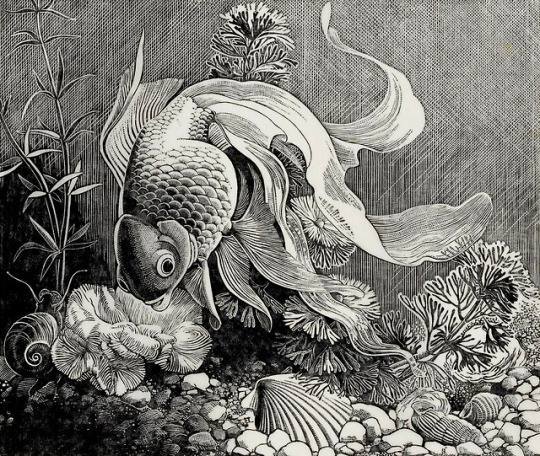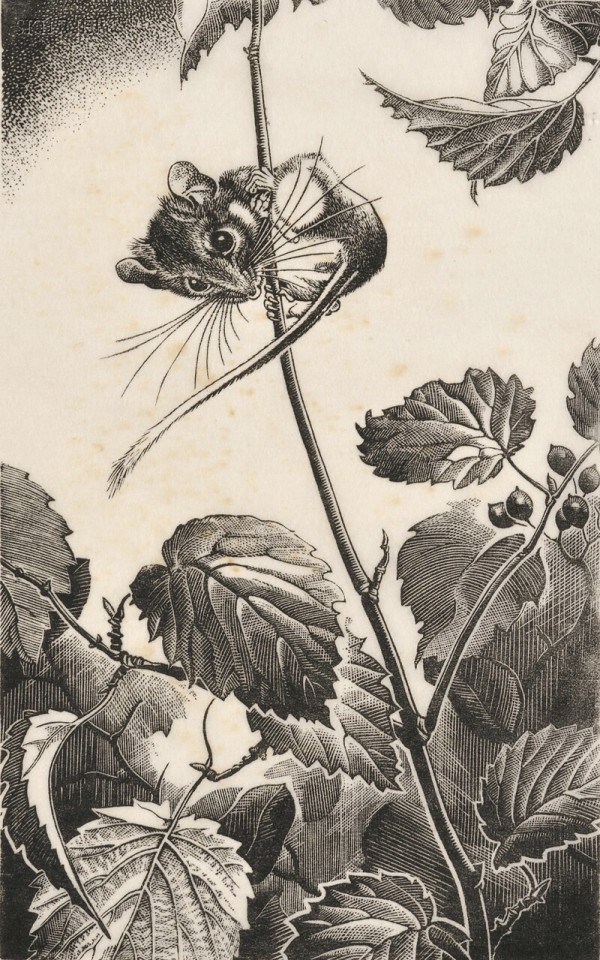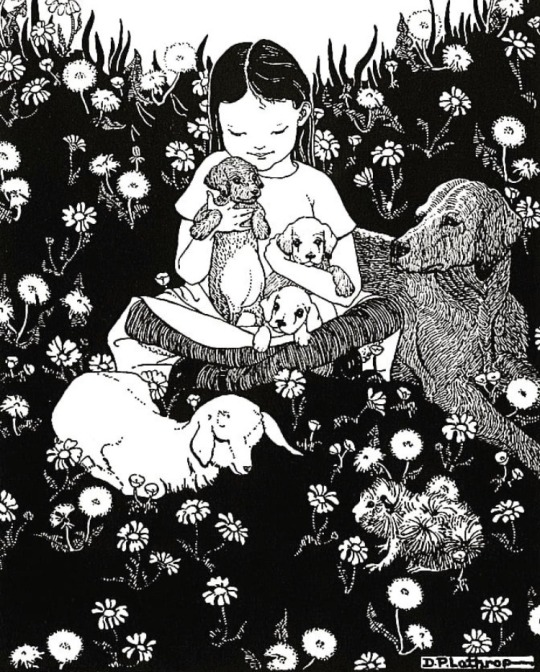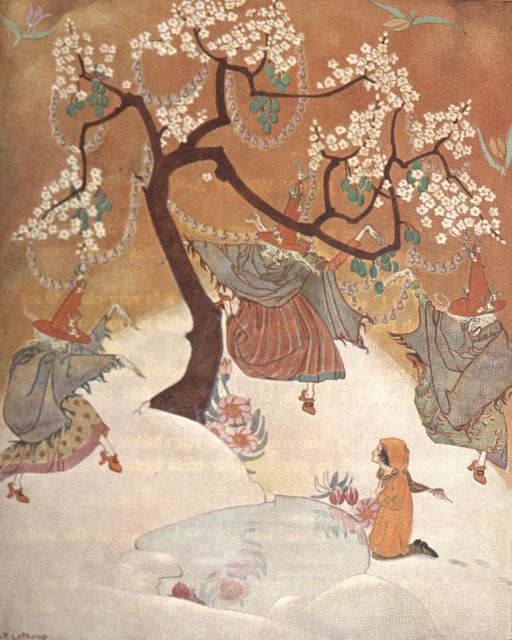#dorothy Pulis lathrop
Explore tagged Tumblr posts
Text

Dorothy P. Lathrop (1891-1980), ''The Princess and Curdie'' by George MacDonald, 1946 Source
#Dorothy P. Lathrop#Dorothy Pulis Lathrop#american artists#george macdonald#vintage illustration#fantasy novels
554 notes
·
View notes
Text
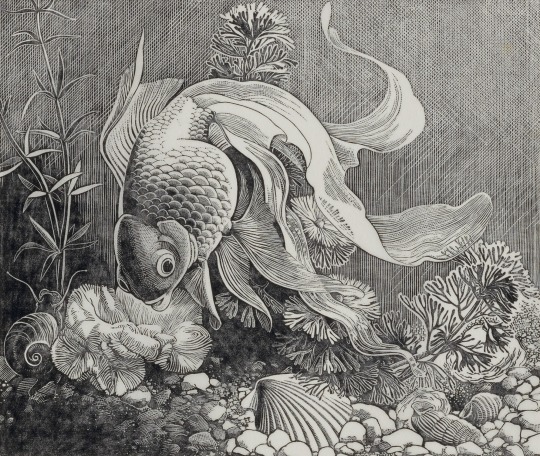
Dorothy Pulis Lathrop, Gold Fish, engraving, Smithsonian American Art Museum, Gift of Ronald and Anne Abramson, Bernard and Sherley Koteen, Paul and Elmerina Parkman and Jack and Anne Ryan, 1981.129.6
#bornonthisday Dorothy Pulis Lathrop (April 16, 1891 – December 30, 1980) was an American writer and illustrator of children's books. Via Wikipedia
12 notes
·
View notes
Photo
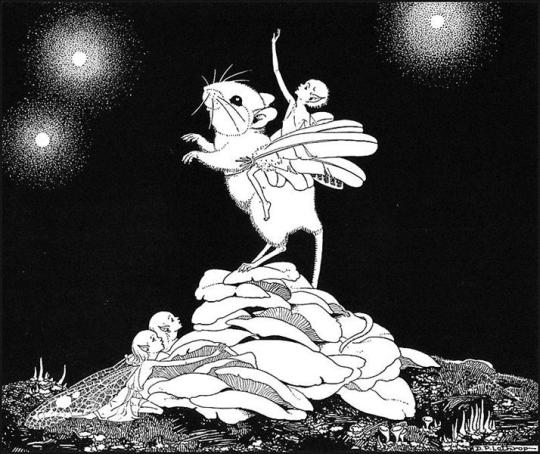

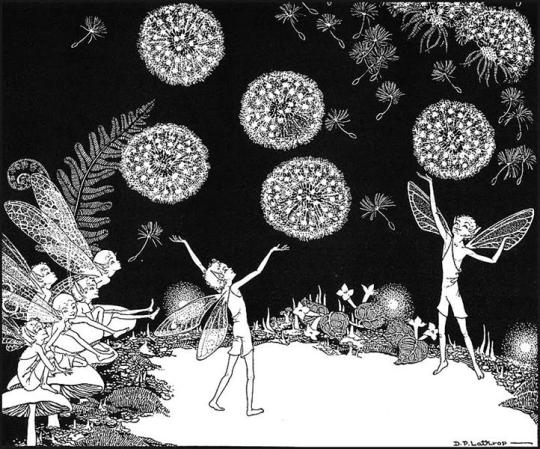


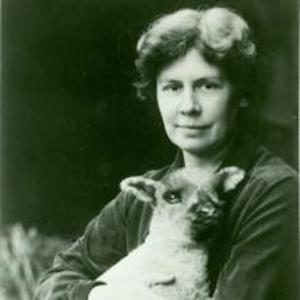
Dorothy Lathrop was born in Albany, New York, April 16, 1891 to Ida Pulis Lathrop and Cyprus Clark Lathrop.
Her sister was artist Gertrude K. Lathrop.During a prolific career spanning from 1919 to 1967, she used her artistic skills as an illustrator of other authors’ children's fictional literature: more than 38 books were published with her illustrations. Lathrop wrote and illustrated nine children's books and several topical nonfiction books. She was also an accomplished printmaker. Much of her work was devoted to the beauty and importance of animals.
Lathrop's career began around 1919, when her first published suite of illustrations appeared in Walter de la Mare's book for children, The Three Mulla-Mulgars. Lathrop developed a friendship with de la Mare, and thereafter illustrated five more of his books for children: Down-Adown-Derry (1922), Crossings (1923), The Dutch Cheese (1931), Mr. Bumps and His Monkey (1942) and Bells and Grass (1942).
https://en.wikipedia.org/wiki/Dorothy_P._Lathrop
20 notes
·
View notes
Text
Wk 15, 15th of May, 2024 Artist Reference
Dorothy Lathrop: Dreamscapes

The haunting century-old Illustrations of Fairy-Poems are Dorothy Pulis' hallmark.
Dorothy Pulis Lathrop was an American writer and illustrator of children's books.
Her art captured the attentive imagination of the prolific English poet and novelist Walter de la Mare, who asked her to illustrate a fairy tale he had written a decade earlier. So began a lifelong friendship and Lathrop’s own prolific career. In her nine decades of life, she illustrated nearly forty books for children and wrote several, most of them celebrating her love of animals and the subtle beauties of the natural world. She become the first person to win the Caldecott Medal — the Nobel Prize of illustration.

Dorothy Lathrop, illustrations from The Fairy Circus, 1931, Art Nouveau
access here: https://www.themarginalian.org/2021/03/09/dorothy-lathrop-down-adown-derry/
While the artwork radiates the aesthetic of the Golden Age of Illustration that Arthur Rackham had ushered in fifteen years earlier with his revolutionary edition of Alice’s Adventures in Wonderland, Lathrop’s singular sensibility — lines as consummate as Rackham’s with a greater and more dreamlike elegance of movement; stunning dramas in black and white, evocative of Aubrey Beardsley but unfolding with greater subtlety and tenderness. - art historian Maria Popova


Dorothy Lathrop, illustrations from The Fairy Circus, 1931, Art Nouveau

Dorothy Lathrop, cover from The Fairy Circus, 1931, Art Nouveau
I would see these illustrations as engaging with divine feminine energy but what does that mean?
"Divine feminine and masculine is about archetypes—it's not about men and women." states intuitive counselor and sacred space designer Elana Kilkenny.
"Some people that have more of the divine feminine or the divine masculine may find that works really well for them—it's not about making everyone the same," Kilkenny explains.
access here: https://www.mindbodygreen.com/articles/divine-masculine
1 note
·
View note
Photo
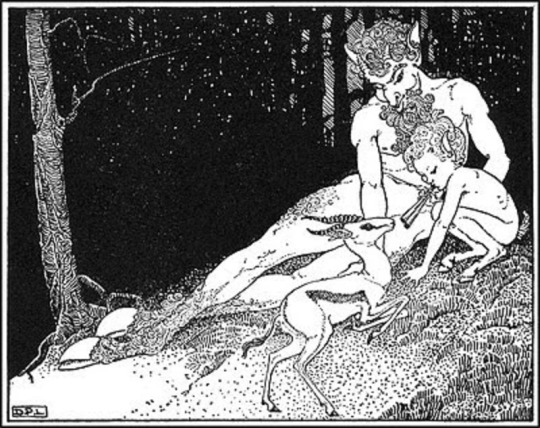
"They Told Me ... " Illustration by Dorothy Pulis Lathrop
5 notes
·
View notes
Photo

Dorothy Pulis Lathrop | Mopsa the Fairy | 1927
17 notes
·
View notes
Photo
An illustration by Dorothy Pulis Lathrop (1891 – 1980) for De la Mare's Down-Adown-Derry (a collection of fairy poems for children). Here is a link to where the book is available on Project Gutenberg. Bellow is the particular poem that it illustrates.


by Dorothy Lathrop
146 notes
·
View notes
Photo
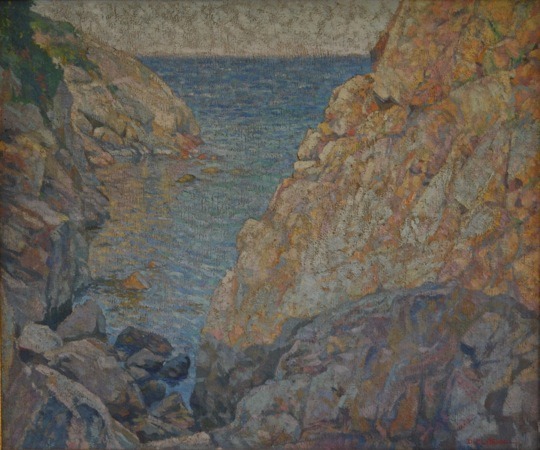
Dorothy Pulis Lathrop ‘The Sunlit Cove’ 1920s or thereabouts.
(Source: bellusfineart.com)
#art#landscape painting#impressionism#dorothy pulis lathrop#1920s#oil on canvas#artwork#19th century art#american painter
7 notes
·
View notes
Text
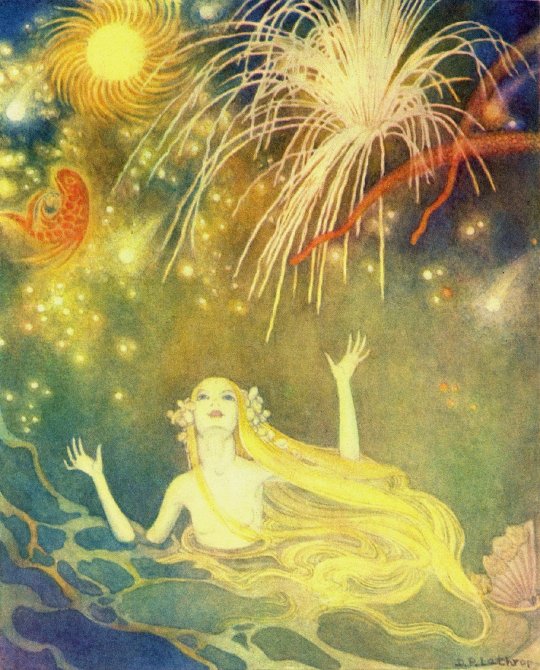
Dorothy Pulis Lathrop.
50 notes
·
View notes
Text

Dorothy P. Lathrop (1891-1980), ''The Snail Who Ran'', 1934
#Dorothy P. Lathrop#dorothy Pulis lathrop#american artists#the snail who ran#vintage illustration#vintage art#black and white illustration#black and white art#fairy art#fairies
133 notes
·
View notes
Photo
An illustration by Dorothy Pulis Lathrop (1891 - 1980). Lathrop was was an American writer and illustrator of children's books.

Illus. for The Princess and Curdie by MacDonald, Dorothy P. Lathrop, 1927 [1500 x 1994]
18 notes
·
View notes
Photo
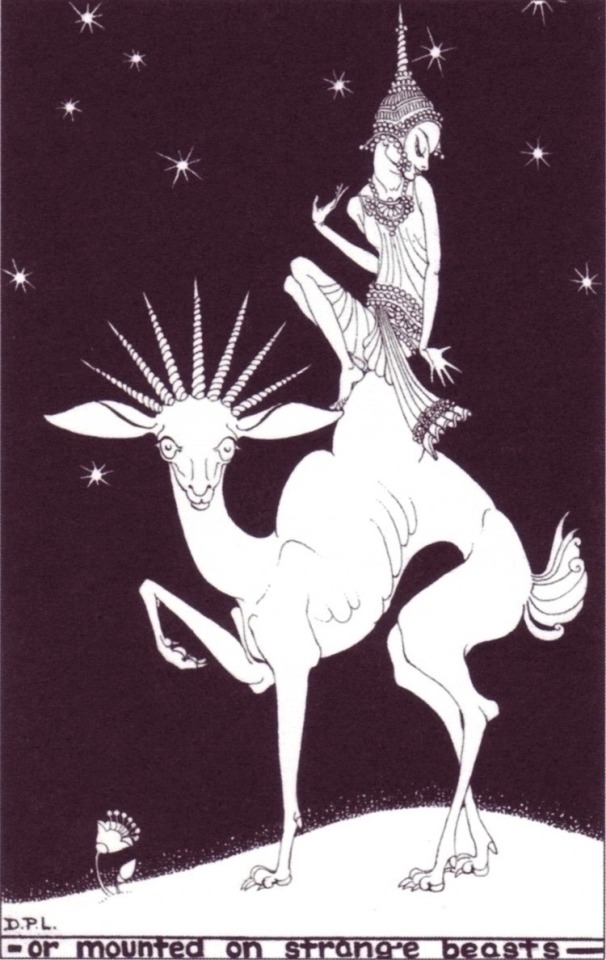
Dorothy Lathrop, 1923, Crossings by Walter de la Mare
Dorothy Lathrop (1891–1980) is by far the best-known illustrator from my Forgotten Illustrators series, but the majority of her work remains buried. Dorothy Pulis Lathrop was born April 16, 1891 in Albany, New York. One of the most influential and important illustrators of children's books in the thirties and forties, she began her career in 1918. At that time she was a 27 year old teacher of art in Albany. Arguably her most famous works were the illustrations for Rachel Field's Hitty, Her First Hundred Years, the story of a doll.
0 notes
